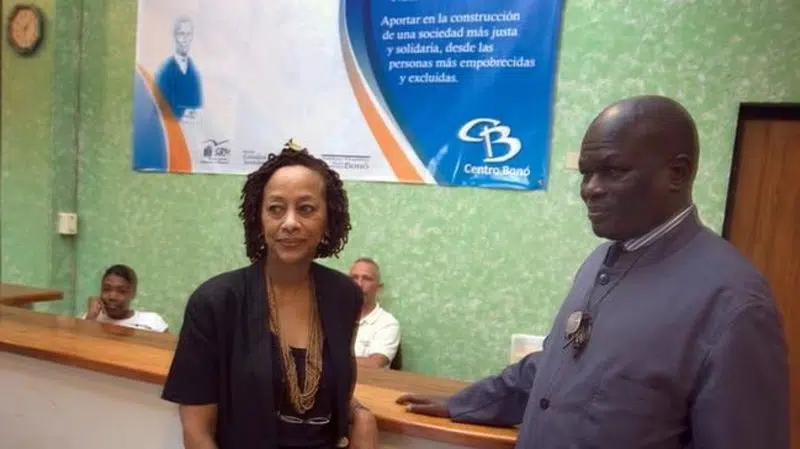
Former UN committee member defends stance on LNG pipeline in B.C.
VANCOUVER — A former member of an anti-racism committee at the United Nations says she stands by its statement in support of the Wet’suwet’en hereditary clan chiefs.
Gay McDougall was vice-chair of the United Nations Committee to End Racial Discrimination when it called for three major resource projects in British Columbia to be halted until the free, prior and informed consent of all affected Indigenous groups was granted.
Those resource projects included the Trans Mountain pipeline expansion, the Site C hydroelectric dam and the Coastal GasLink natural gas pipeline.
“This question of the right of Indigenous people to make decisions according to their own laws, customs and traditions, has to be respected by the state authority,” McDougall, whose term on the committee ended Jan. 19, said in an interview from New York.
